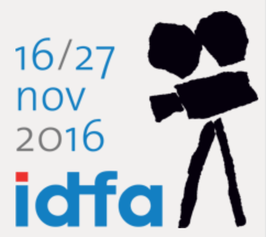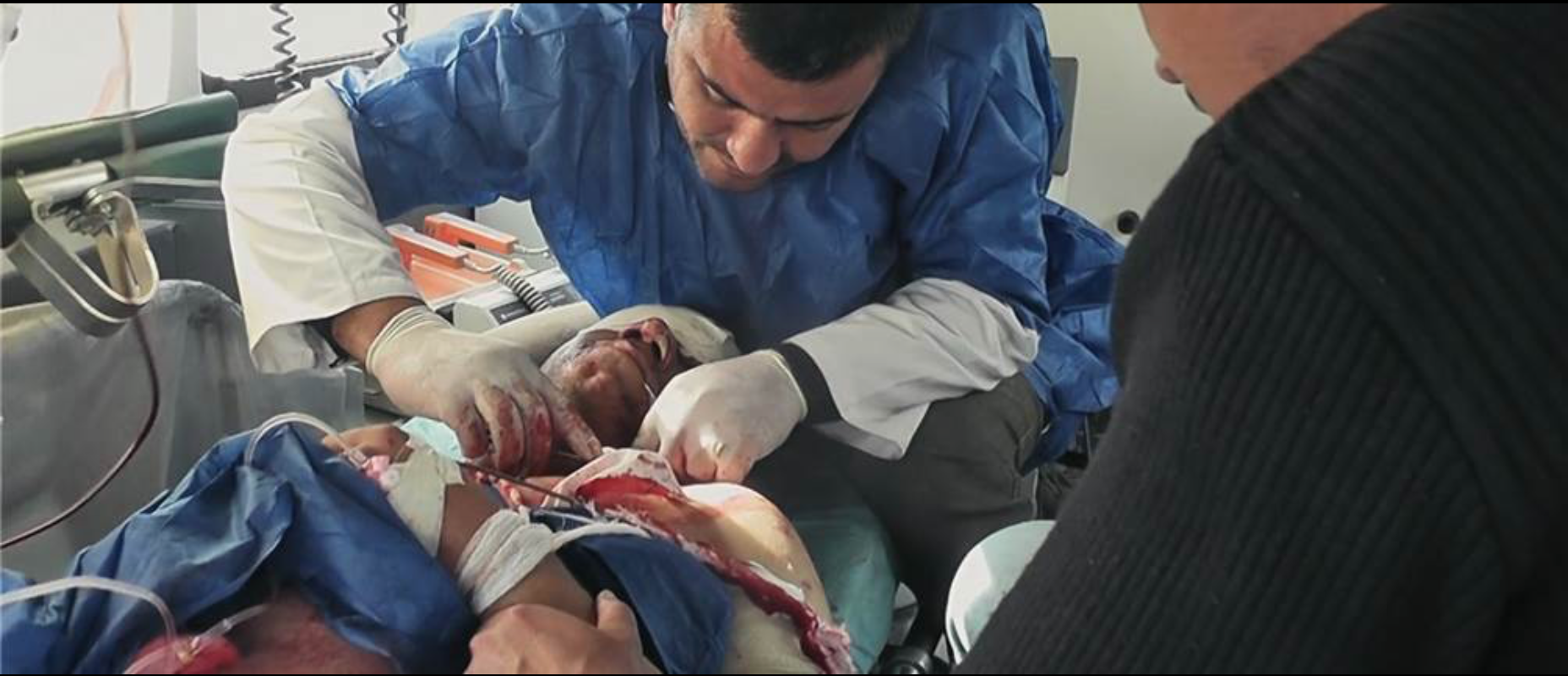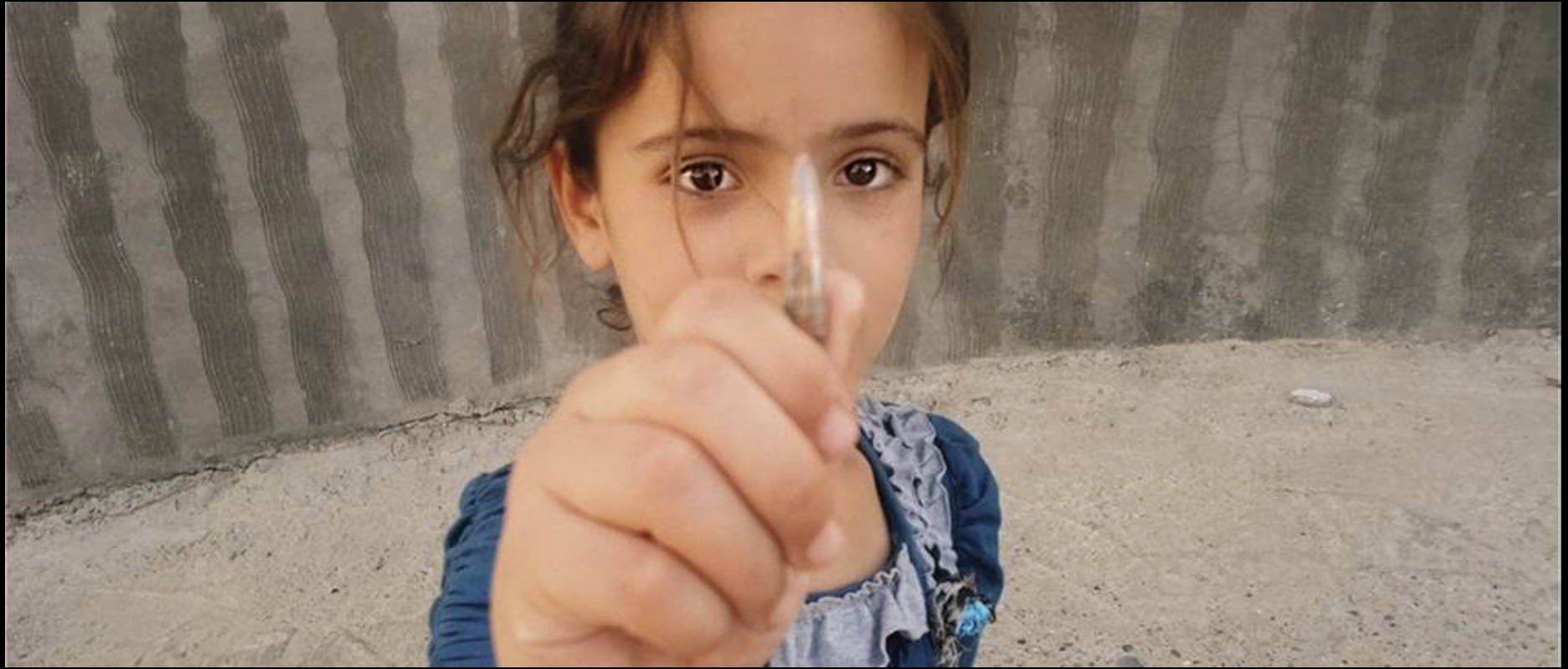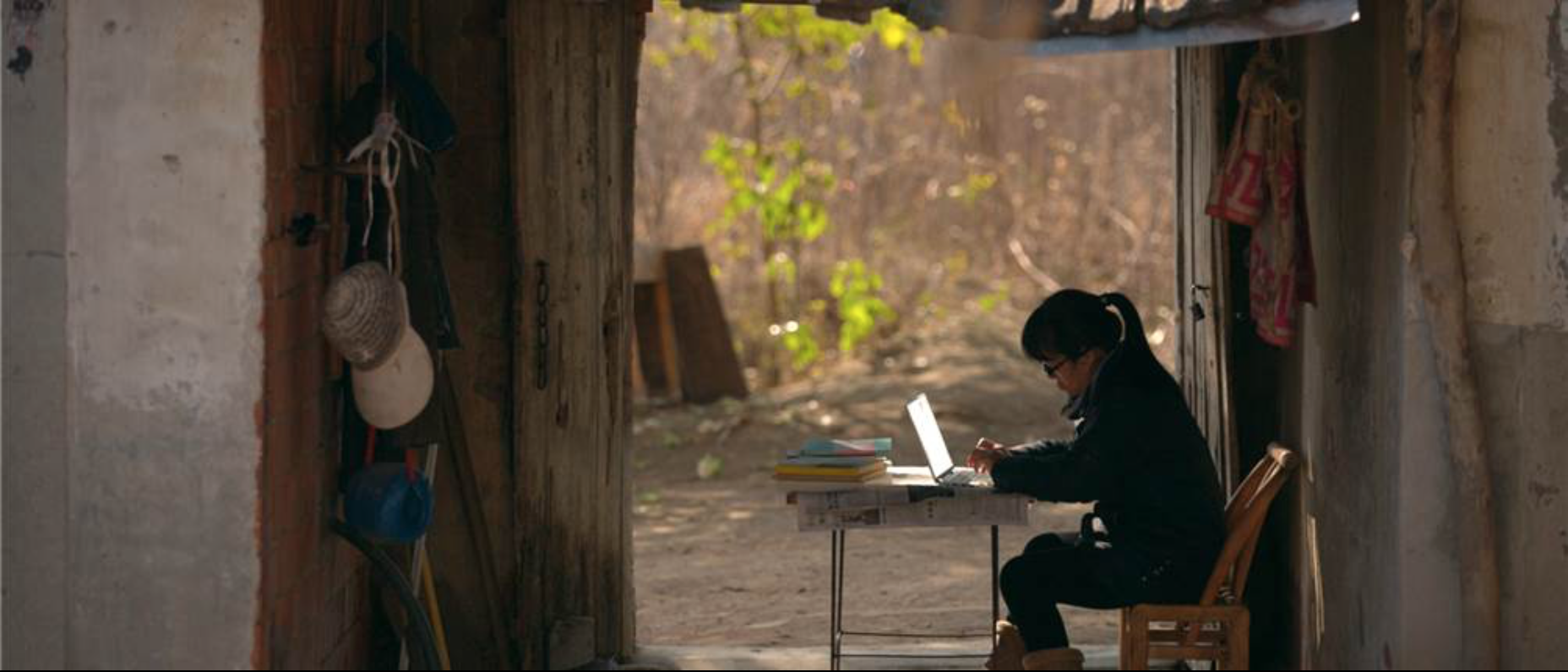|
Zaradasht Ahmed directed story of courageous nurse who witnessed human toll of violence in Iraq
Note: this article has been updated
The International Documentary Film Festival Amsterdam isn't waiting until the end of the festival to hand out prizes. Winners in eight competitive categories were revealed at a ceremony on Wednesday, four days before the event officially comes to a close.
Nowhere to Hide won the prestigious award for best feature-length documentary, arguably IDFA's top prize. Zaradasht Ahmed directed the film, which follows an Iraqi nurse working in a hospital in the country's central region, an area known as the "triangle of death." His narrowing work, already dangerous, became even more perilous with the approach of ISIS fighters. The experience was immersive and left us deeply touched.
Jurors saluted the film in glowing terms: "There are those films which are wonderful to see and there are films that the world needs to see. The film we choose is both of these things. The experience was immersive and left us deeply touch. The director respected the unique perspective that only the subject could have and in doing so he gave us an unprecedented window into the real life lasting consequences of war."
SHARE THIS:
The award comes with a €12,500 prize. Nowhere to Hide has two more IDFA screenings scheduled: on Friday afternoon and Sunday morning, the closing day of the festival.
The IDFA program contains a a synopsis of the film: After the Americans left Iraq in 2011, a male nurse named Nori Sharif was asked to report on the state of his country, providing unique access into one of the world’s most dangerous and inaccessible areas – the “triangle of death” in central Iraq. Working in the local hospital in Jalawla, he filmed the victims of war over the course of five years. The shocking images show families torn apart, maimed and damaged by the violence in Iraq. And every day more arrive, as the conflicts continue and life is disrupted by attacks over and over again. Often it isn’t even clear who the adversaries are. But the threat level increases, and when the Iraqi army pulls out in 2013 because of militant groups, the population flees – accompanied by the majority of the hospital staff. Sharif is one of the few who remain. When IS advances on Jalawla in 2014 and finally takes over the city, Sharif continues to film. Then he too has to flee at a moment’s notice, to bring himself and his family to safety.
IDFA's special jury award for feature documentary went to Still Tomorrow directed by Jian Fan. The special jury prize comes with a €2,500.
"From the start, this film explores the complexity of the human experience in a poetic, intimate and powerful way. The strength of the protagonist is matched by the craft of the filmmaking," the jury wrote in awarding the prize." It is not easy to make a film about poetry without resorting to cliches. But this film does in a sensitive and revealing portrait of an extraordinary woman." The IDFA catalogue provided this synopsis of Still Tomorrow: When one of her poems is shared more than a million times on Chinese social media, Xiuhua Yu suddenly finds that she is famous. The contrast with her previous life could not be greater. Yu has lived and worked all her life on her parents’ simple farm, and is disabled by cerebral palsy. Twenty years ago, her parents arranged for her to be married to a laborer who has no feelings for her. Fame brings her financial freedom: suddenly, Xiuhua Yu is able to think about a different future, freed from her husband. In this frank and intimate portrait, we follow her in the year of her breakthrough. Yu is painfully aware that for a woman with a disability, life will never be simple. However pragmatically she speaks about it, and however eloquently she writes about it, she still struggles to escape her physical and emotional chains.
The night's other documentary prize winners, with details provided in an IDFA press release:
The festival runs until Sunday, 27 November, when the winner of the VPRO IDFA Audience Award (€5,000) will be announced. |
AuthorMatthew Carey is a documentary filmmaker and journalist. His work has appeared on Deadline.com, CNN, CNN.com, TheWrap.com, NBCNews.com and in Documentary magazine. |
- Home
- News
- Videos
-
Galleries
- 2019 Tribeca Film Festival
- Full Frame Documentary Film Festival
- 2019 SXSW Film Festival
- SXSW 2018 Gallery
- 2019 Sundance Film Festival
- Outfest 2018 Photo Gallery
- Outfest 2017
- Sundance 2018 Photos
- 2017 LA Film Festival
- 2017 Cannes Film Festival
- Tribeca Film Festival 2017
- SXSW 2017 Gallery
- 2017 Berlin Film Festival
- Sundance 2017 Gallery
- 2016 Los Angeles Film Festival
- Cannes Film Festival 2016
- SXSW 2016 Gallery
- Berlinale 2016 Gallery
- Sundance 2016 Gallery
- Filmmaker Gallery
- About
- Contact
Proudly powered by Weebly
- Home
- News
- Videos
-
Galleries
- 2019 Tribeca Film Festival
- Full Frame Documentary Film Festival
- 2019 SXSW Film Festival
- SXSW 2018 Gallery
- 2019 Sundance Film Festival
- Outfest 2018 Photo Gallery
- Outfest 2017
- Sundance 2018 Photos
- 2017 LA Film Festival
- 2017 Cannes Film Festival
- Tribeca Film Festival 2017
- SXSW 2017 Gallery
- 2017 Berlin Film Festival
- Sundance 2017 Gallery
- 2016 Los Angeles Film Festival
- Cannes Film Festival 2016
- SXSW 2016 Gallery
- Berlinale 2016 Gallery
- Sundance 2016 Gallery
- Filmmaker Gallery
- About
- Contact





 RSS Feed
RSS Feed